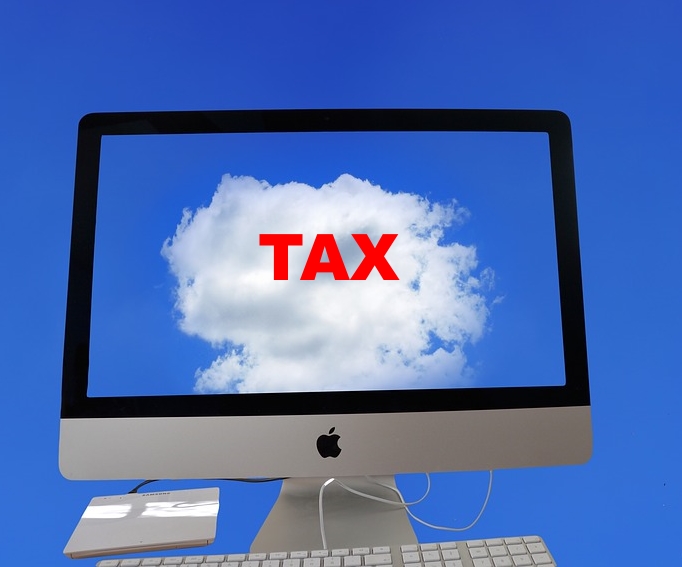The Vermont Technology Alliance Opposes New Proposed “Cloud Tax”

The Vermont House has passed S.53, which adds the sales tax to all Cloud Computing services. This so-called “Cloud Tax” will not just tax online versions of canned software such as TurboTax, which had been the focus of this tax, but all forms of online software and services: Software-as-a-Service, Platform-as-a-Service, and Infrastructure-as-a-Service. With an effective date of June 1, 2022, the cloud tax is estimated to raise approximately $36 million from Fiscal Year 2023 – 2025.
The VTTA opposes the addition of this tax and its expansion into all areas of cloud computing. While tech businesses are often significant purchasers of cloud computing services, it will likely impact all businesses, since nearly every Vermont business uses and depends on Internet services. And it will likely affect individual Vermonters as well.
We intend to weigh in with the Senate Finance committee, where this bill would go next. We appreciate the comments that have been made by some committee members questioning the tax, and the Senate has traditionally been more understanding of the tech industry’s concerns with the cloud tax. If you would like to share how this will impact your business, please let us know at policy@vttechalliance.wpenginepowered.com. If you would like to contact members of the Senate finance committee you can find the members here. You also can find your senator here.
The tax will likely impact all businesses, since nearly every Vermont business uses and depends on Internet services
Here are some of the key concerns.
- If enacted into law, S.53 would dramatically impact the way that Vermont consumers and businesses are taxed for their purchases of goods and services on the internet.
- The tax will impact nearly every Vermont business – since nearly all Vermont businesses depend on Internet services.
- For example, the tax impact could range from individuals buying additional iCloud storage or Gmail storage, to large businesses whose computer processing is managed by Amazon Web Services, or other computer processing services.
- This bill goes far and beyond what the previously stated intent of legislators in the House has been – to tax what was previously sold “in a box”.
- Bookkeeping, accounting, payroll services, ecommerce, retail point of sale, marketing, email, remote computer processing and storage are all included.
- Vermont businesses could pay thousands of dollars a year in additional taxes. One of our member businesses with 30 employees could see an increase in sales tax cost of up to $50,000. That impact could be typical for similar sized businesses, and more for larger employers.
- According to the legislature’s Joint Fiscal Office, only eight states tax software services in the way that this bill proposes to do.
- The inclusion of Platform as a Service and Infrastructure as a Service were brought up in the final hours of deliberation on S.53 as a way to raise additional revenue to cover other policy decisions made in the bill.
- The House Ways & Means Committee did not extensively review the impact of expanding the tax liability to PaaS and IaaS beyond looking at increased revenue.
- The bill is at odds with priorities identified by Vermont’s leaders, including making Vermont a “work-from-home” state and investing hundreds of millions of dollars in broadband expansion.
- The concept of making the very services Vermonters have become reliant upon in a remote society more expensive creates new barriers for anyone attempting to work, learn and live remotely. It makes doing business and working in Vermont more expensive.
- This impacts Vermont’s growth opportunity and future – its tech and digital economy.





